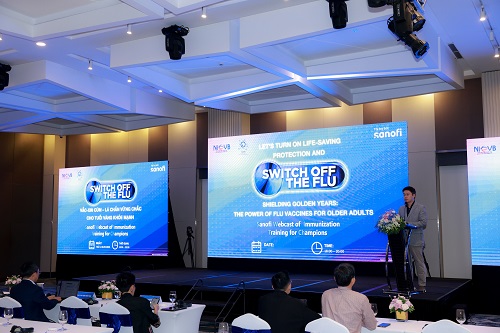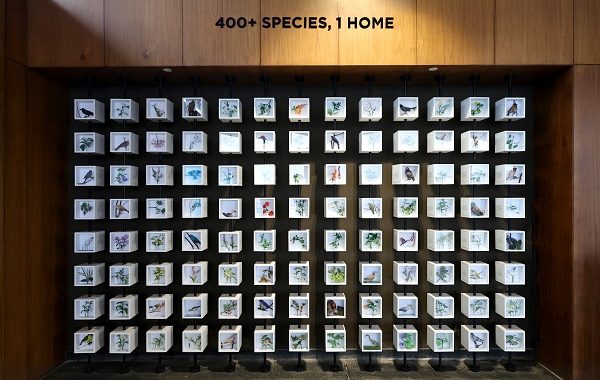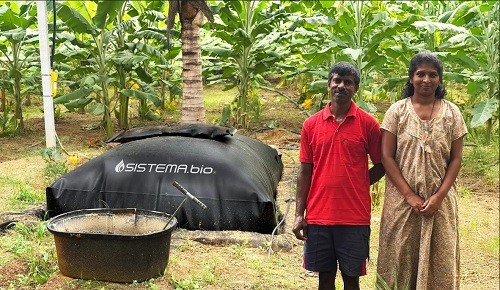Dr. Abhilaksh Likhi, Addl Secretary, Ministry of Agriculture & Farmers Welfare, attends a farm demonstration on crop residue management
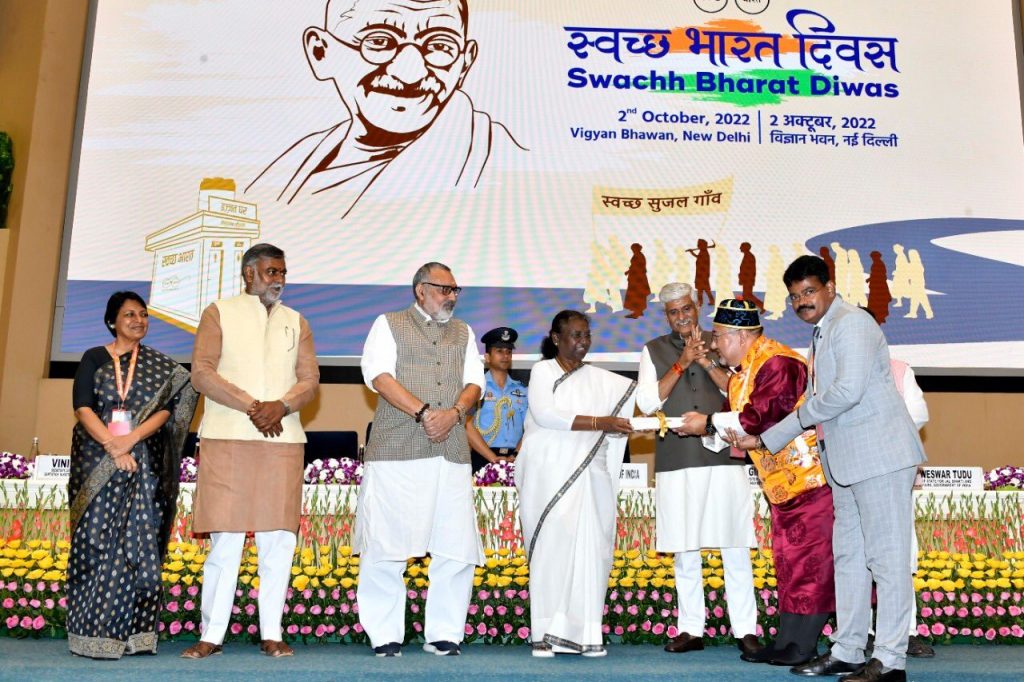
Dr. Abhilaksh Likhi, Additional Secretary, Ministry of Agriculture & Farmers Welfare, Department of Agriculture & Farmers Welfare attended a farm demonstration on crop residue management at village Rangian in Kharar tehsil, Distt SAS Nagar, Punjab and interacted with farmers.
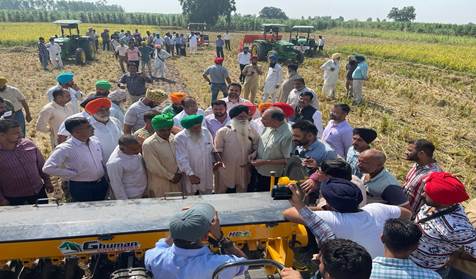
The objectives of the Crop Residue Management (CRM) Scheme includes protecting environment from air pollution and preventing loss of nutrients and soil micro-organisms caused by burning of crop residue; promoting management of crop residue by retention/incorporation into the soil or collection for further utilization through the use of appropriate mechanization inputs; promoting Farm Machinery Banks for custom hiring of crop residue management machinery to offset the adverse economies of scale arising due to small landholding and high cost of individual ownership; creating awareness among stakeholders through demonstration, capacity building activities and differentiated Information, Education and Communication strategies for effective utilization and management of crop residue.
To support the efforts of the Governments of Punjab, Haryana, Uttar Pradesh and NCT of Delhi to address air pollution caused due to stubble burning and to subsidize machinery required for management of crop residue, a Central Sector Scheme on Crop Residue Management (CRM) has been introduced w.e.f. 2018-19. Under this scheme, financial assistance @ 50% is provided to the farmers for purchase of crop residue management machinery and @ 80% is provided to Cooperative Societies, FPOs and Panchayats for establishment of Custom Hiring Centres (CHCs). The Scheme promotes the usage of machines such as Super Straw Management Systems, Happy Seeder, Super Seeder, Smart Seeder, zero till seed cum fertilizer drill, Mulcher, Paddy Straw Chopper, hydraulically reversible mould board plough, Crop reapers and Reaper binders for in-situ management of crop residue and Balers & Rakes which are used for straw collection in the form of bales for other ex-situ uses of straw. During the period from 2018-19 to 2021-22, Rs. 2440.07 crores (Punjab – Rs. 1147.62 crores, Haryana – Rs. 693.25 crores, Uttar Pradesh – Rs. 533.67 crores, NCT of Delhi – Rs. 4.52 Crores and ICAR– Rs. 61.01 crores) have been released.
During the current year, so far, an amount of Rs. 240.00 crores, Rs. 191.53 crores, Rs. 154.29 crores and Rs. 14.18 crores have already been released to the States of Punjab, Haryana and Uttar Pradesh and ICAR, respectively. The total funds available with the States and ICAR for utilization during 2022-23 including unspent balance of last year is Rs. 916 Crores. During the last 4 years, the states have distributed more than 2.07 lakh machines to the individual farmers and to more than 38,000 CHCs in these 4 States, which also include more than 3,243 Balers & Rakes which are used for ex-situ collection of straw. Pusa Decomposer, a microbial consortium of fungal species (both in liquid and capsule forms) developed by Indian Council of Agricultural Research (ICAR) has been found effective for rapid in-situ decomposition of paddy straw. During the year 2021, decomposer has been used in the States of Punjab, Haryana, Uttar Pradesh and NCT of Delhi in around 5.7 lakh hectare area which is equivalent to about 3.5 million tonnes of straw managed. Through satellite imaging and monitoring, it was observed that 92% area of the decomposer sprayed plots has been managed through decomposition and only 8% area in these plots was burned.
To promote the use of bio-decomposer technology, the Operational Guidelines of the CRM Scheme have been revised in August 2022 and provisions have been made for conducting large scale demonstrations of bio-decomposer on farmers’ fields by way of utilizing flexi funds under the scheme. A total 82,533 burning events were detected in the three states between 15-Sept-2021 and 30-Nov-2021, which are distributed as 71,304, 6,987 and 4,242 in Punjab, Haryana & UP respectively. The overall total burning events recorded in these three states are 7.71% less than in 2020. Punjab recorded 9.85% reduction, Haryana recorded 23.05% increase and UP recorded 8.95% reduction.
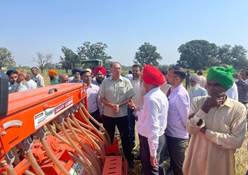
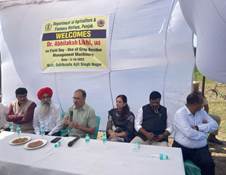
Dr. Likhi emphasized that for effective control of paddy stubble burning during the ensuing season, the States should chalk out a comprehensive action plan at micro level, establish a mechanism to ensure effective utilization of machines, promote use of bio-decomposer in a complimentary mode with the CRM machines, promote ex-situ utilization of straw by way of mapping demand from adjoining industries like biomass based power plants, bioethanol plants etc. and take up IEC activities for mass awareness among farmers through intensive campaigns in the electronic/print media, social media as well as through Kisan Melas, publications, seminars and advisories with the involvement of all stakeholders in this sector. He further added that if all the actions are taken at the State level in a holistic manner, stubble burning can be effectively controlled during the coming season.

